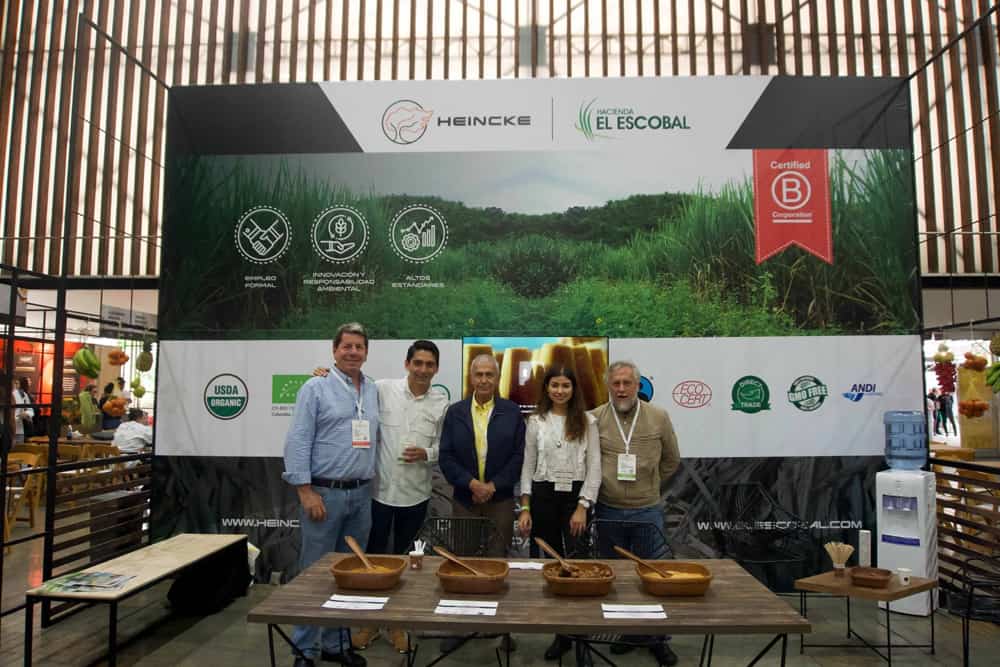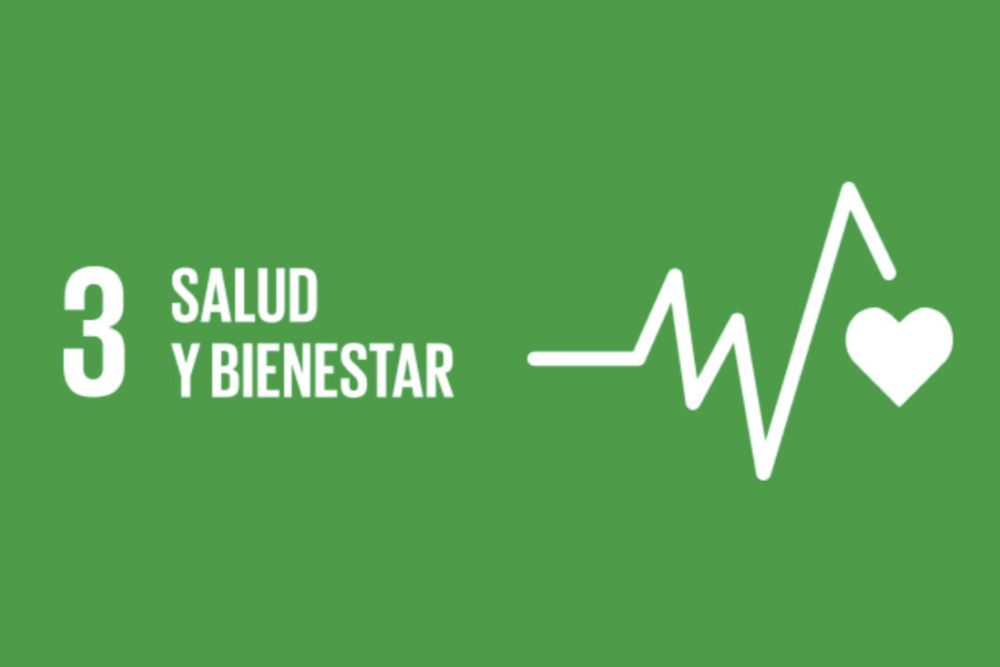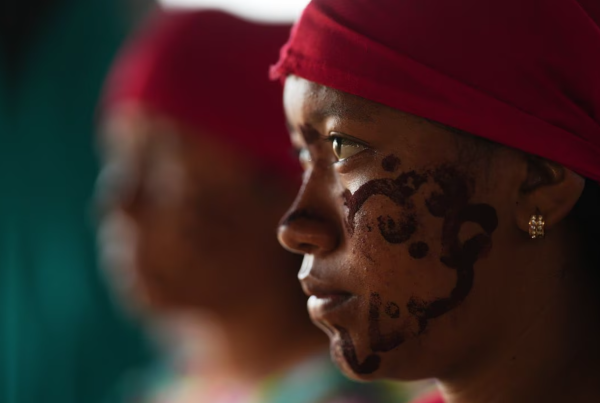Human capital plays a crucial role in the production of panela. After coffee, panela is the most important agro-industry in Colombia, not only because of the number of productive establishments it has, but also because of the labor it needs.
In fact, it is estimated that the cultivation of sugarcane and the production of panela are the activities that most use workforce per hectare harvested. A clear example of this can be seen in the municipality of Chitaraque, which has 9,500 hectares with an average production of 13 tons per hectare, and which requires about 120 wages per year per hectare of sugarcane. A sugar mill generates between 14 and 25 direct jobs in the panela production process.
As it can be seen, panela is an economic activity that requires exhaustive labor, and at the same time generates employment. However, many panela producers are affected by price volatility, which directly affects both their household and their municipality economy.
For this reason, it is important to have rural development initiatives focused on human development and sustainability, which benefits farmers, generates economic growth, and regenerates the environment.
Heincke works directly with these same producers, and the key focus of our purpose is to recognize the authors of panela: the peasants. Therefore, we seek to generate various development projects that reward them fairly for their work, and allow them to obtain personal and financial stability.
Source: https://www.redalyc.org/pdf/4795/479548749009.pdf






